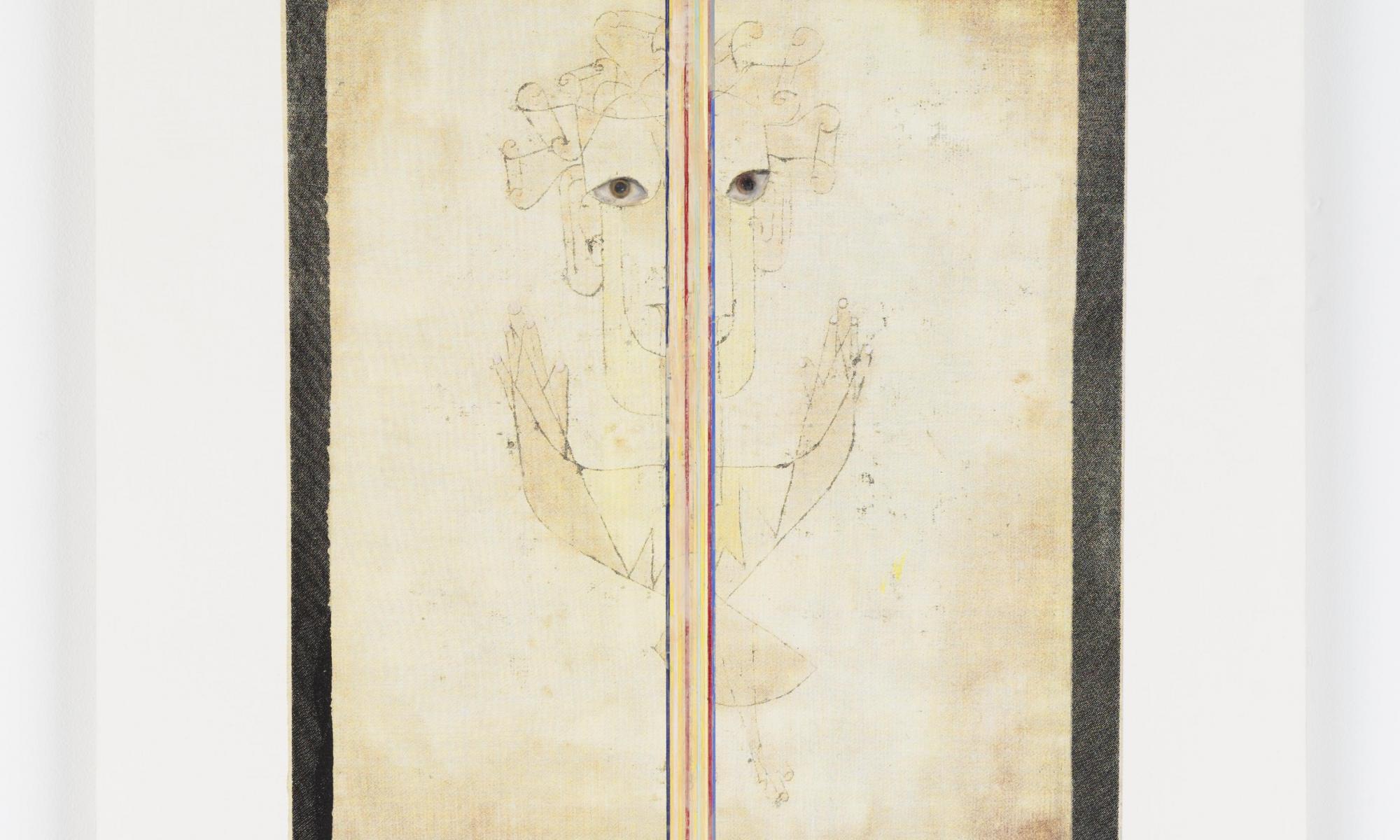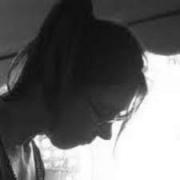The Awkward Angel
The phrase 'an angel has passed' covers over an awkward conversational pause. In his History of the German Language, Jacob Grimm recounts its use as a simultaneous verbal filler and reminder of the transcendent world, explaining: ‘If, among a group of people there is suddenly a silence, it is said that an angel has passed through, or an angel flew through, its sublime appearance silencing worldly noise’. When Jacques Lacan mentions this phrase in his 13th seminar, it is to draw attention to an analogously ‘awkward’ point in the visual field. This occurs in the context of his discussion of Diego-Rodrigues Velázquez’s Las Meninas (1652). He observes that for a painting famous for its interplay of looks, it is notable that none of the figures actually focuses on anything, with the exception of one of the maids of honour. ‘All the looks are elsewhere’, Lacan comments, ‘All these looks are lost on some invisible point, as one might say, “an angel has passed”’.
Image: RH. Quaytman, Chapter 29, 2014. Encaustic, gouache, oil, silkscreen ink, gesso on wood, 50.8 x 50.8 cm. Courtesy of the artist and Miguel Abreu Gallery, New York. Photograph: Christian Erroi


